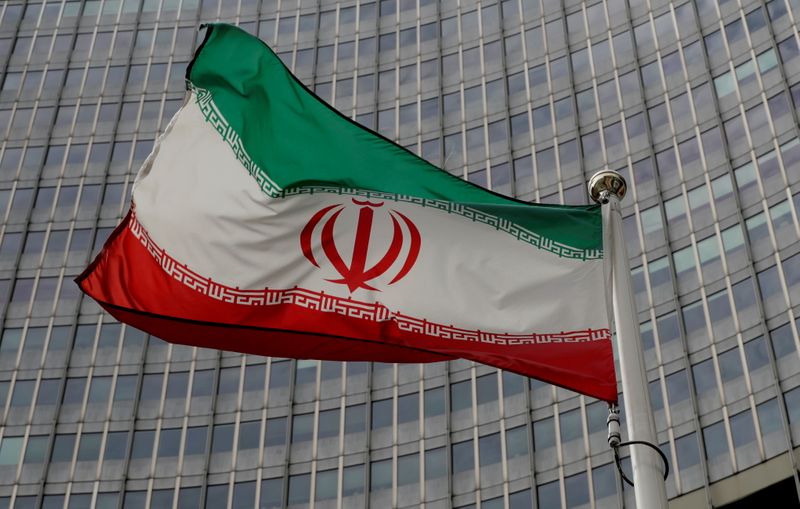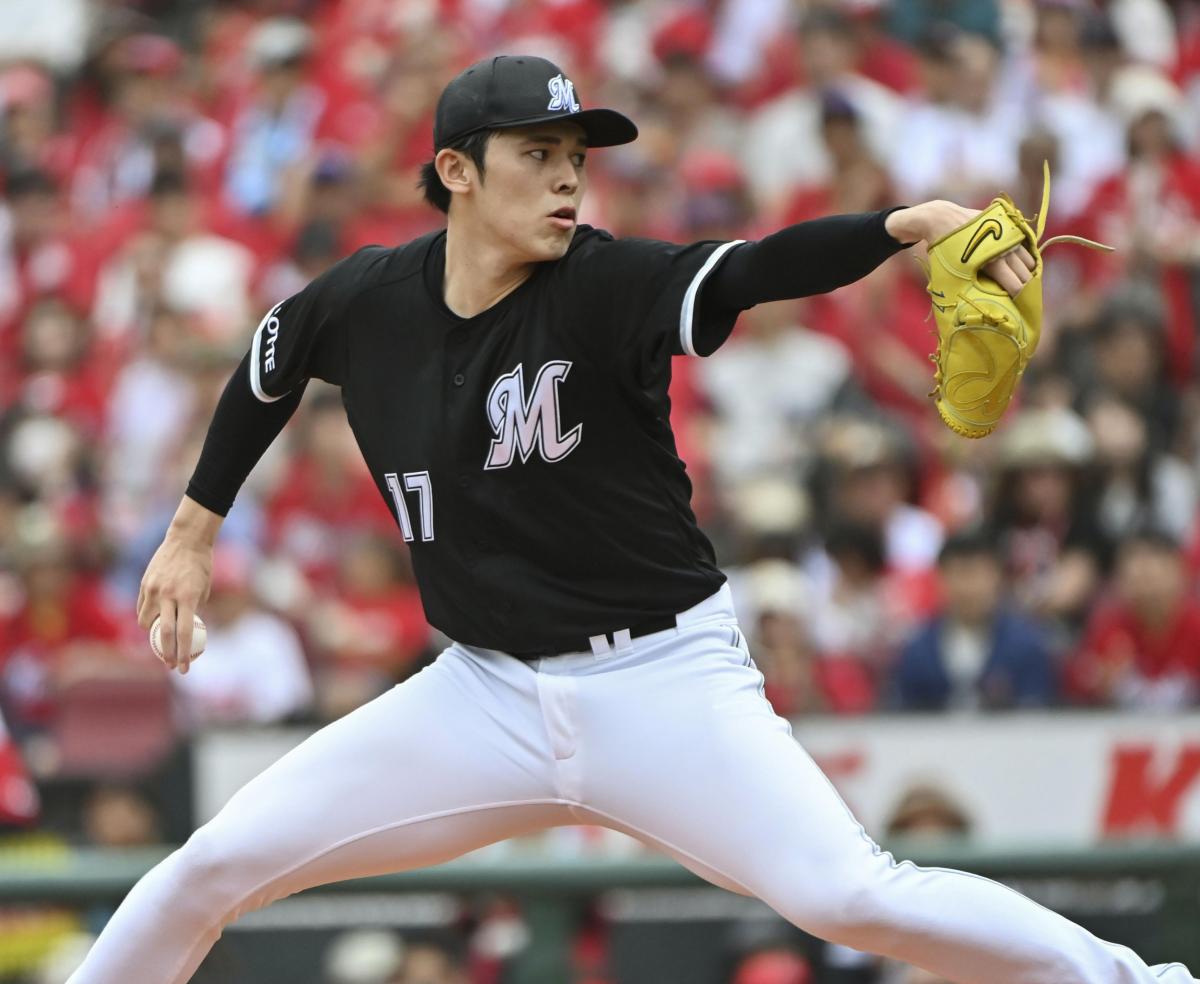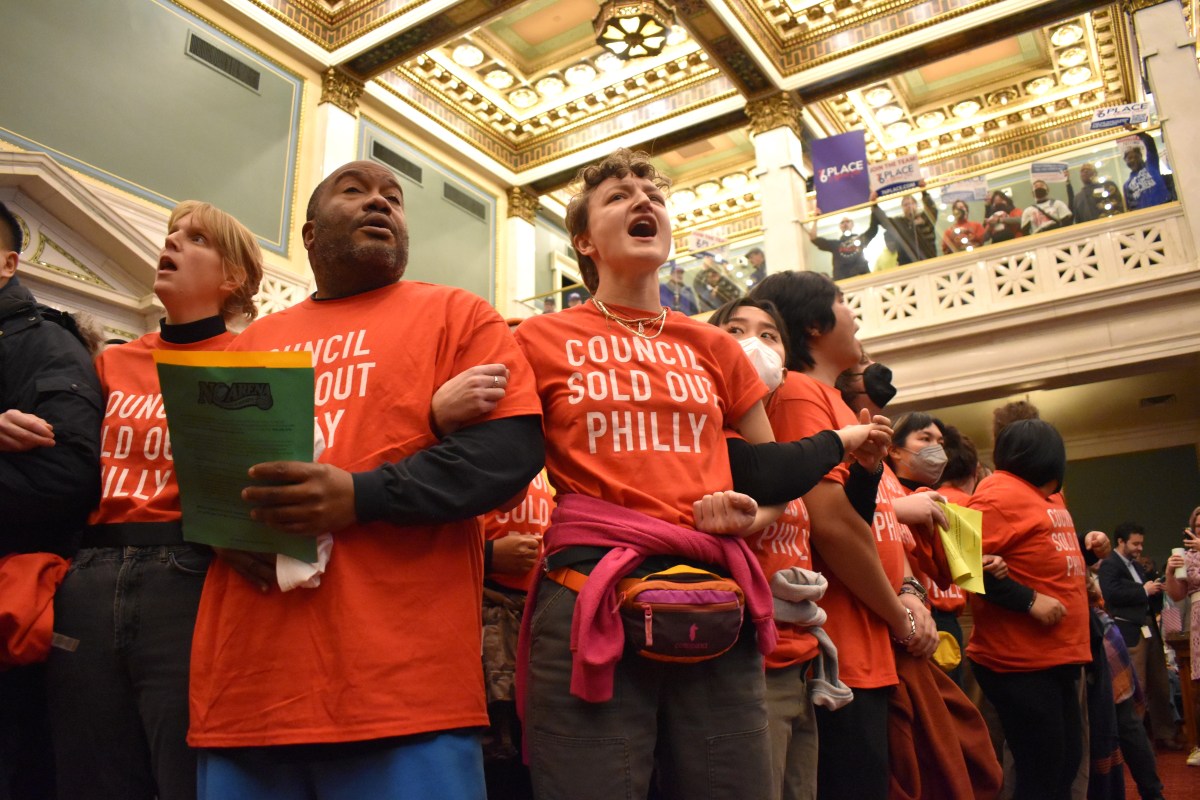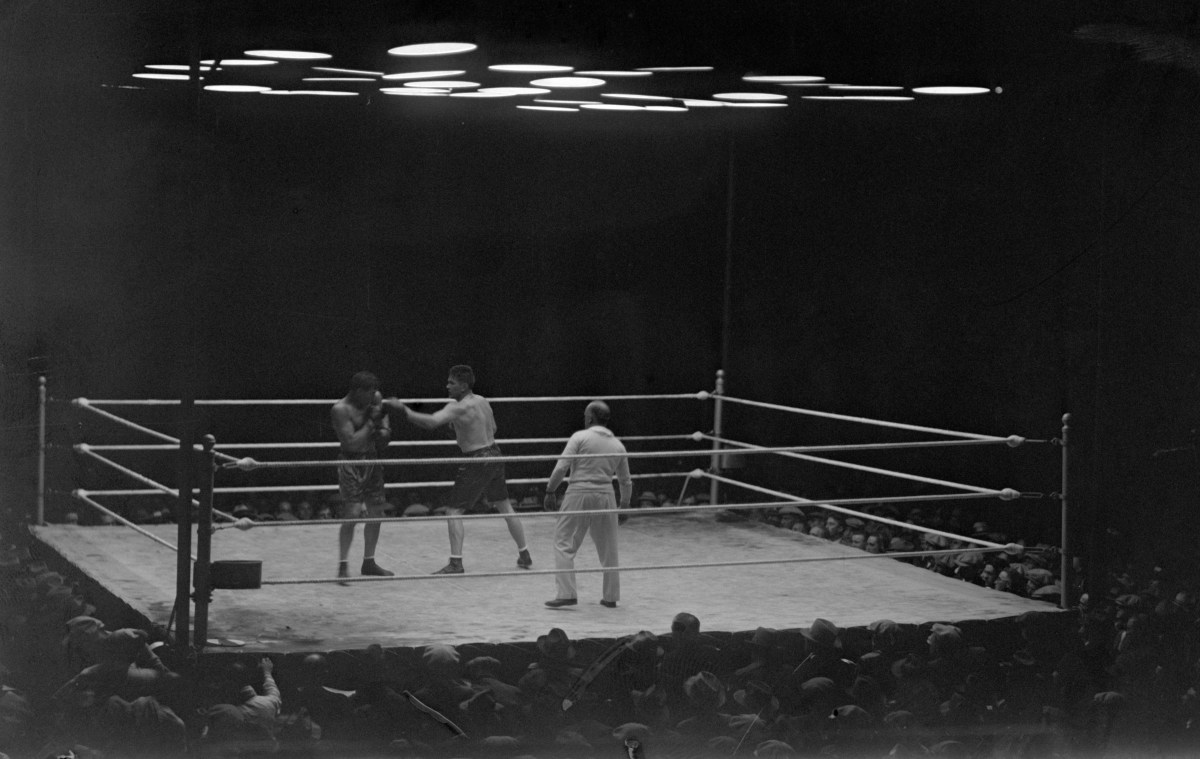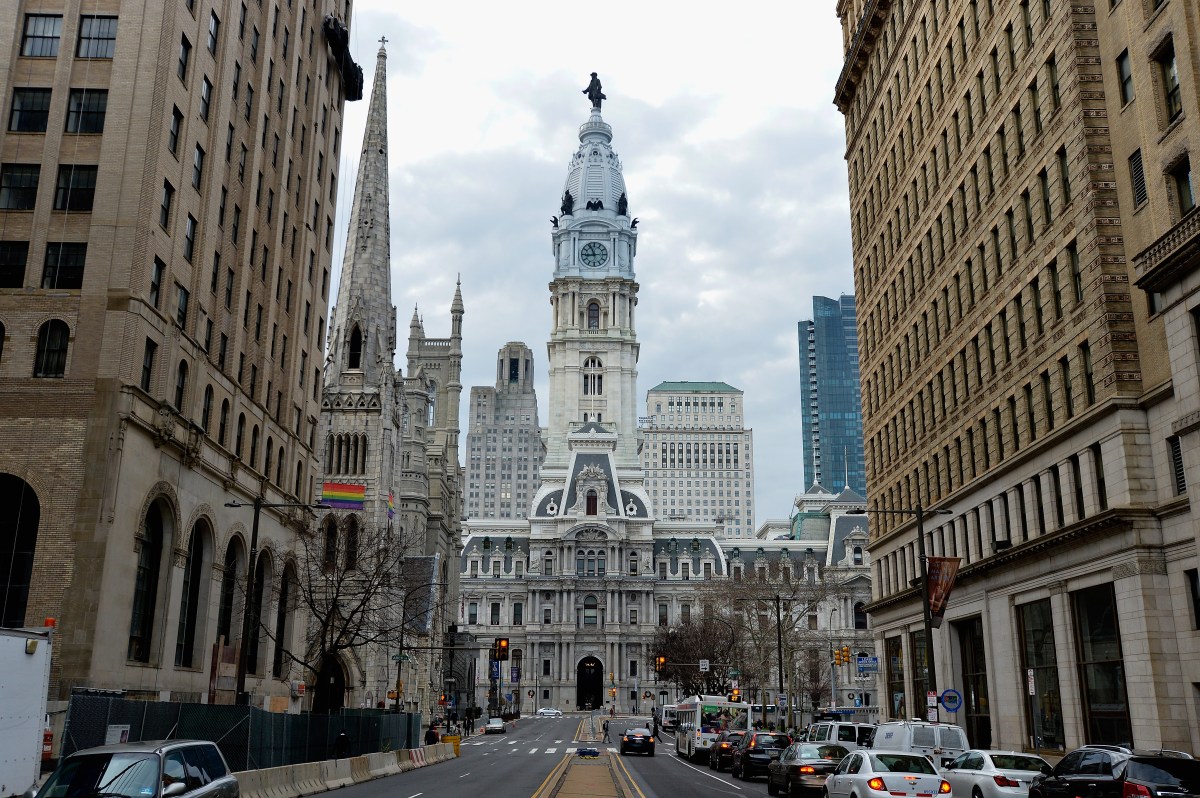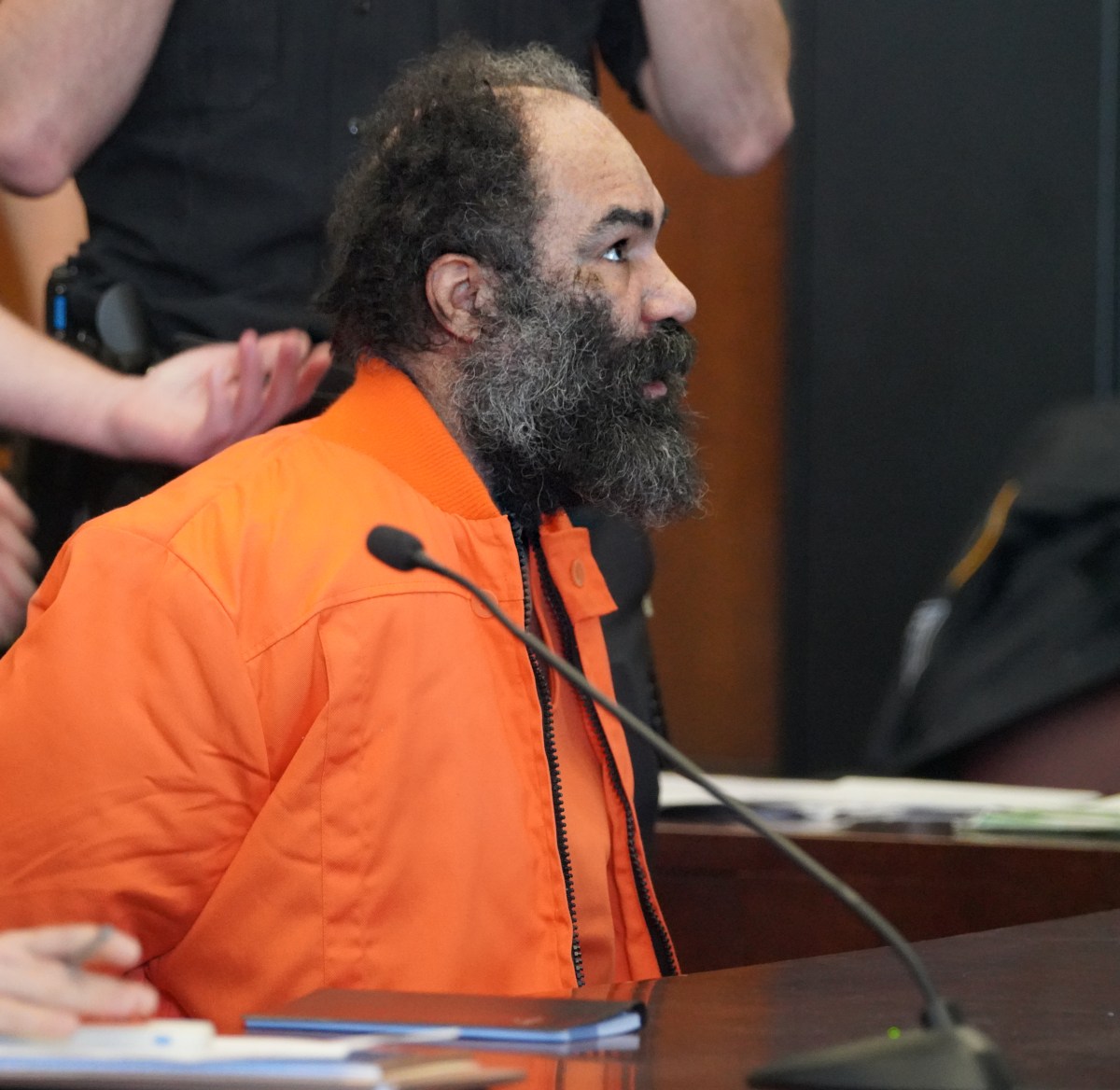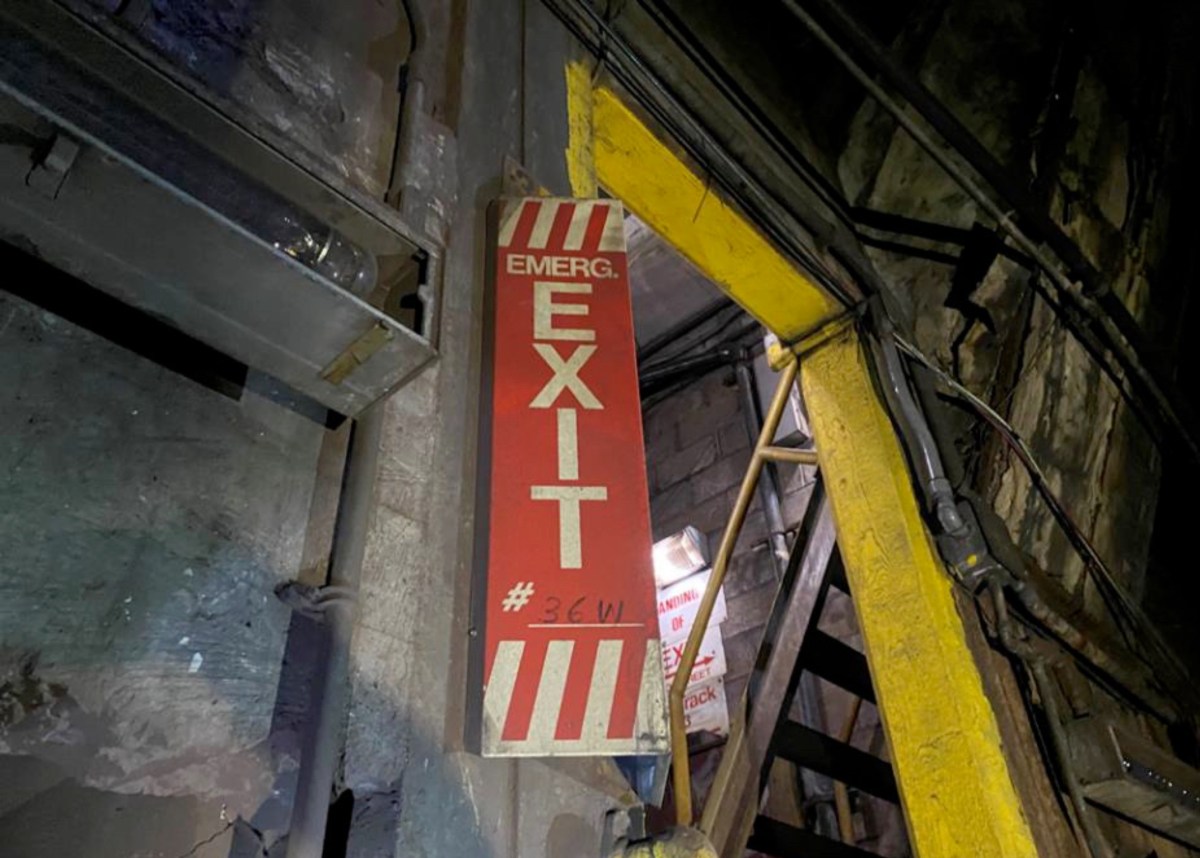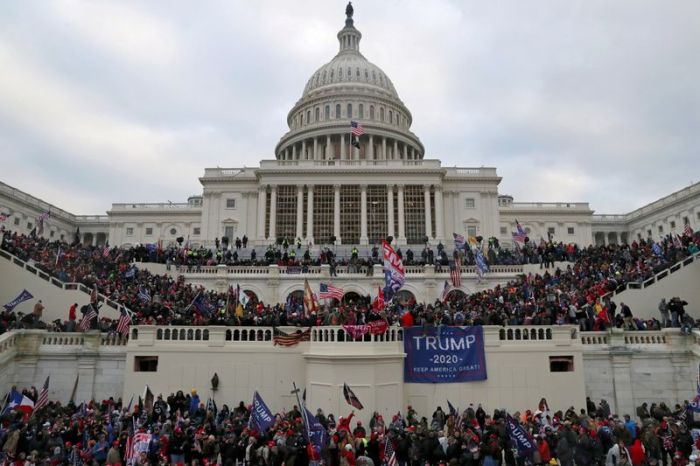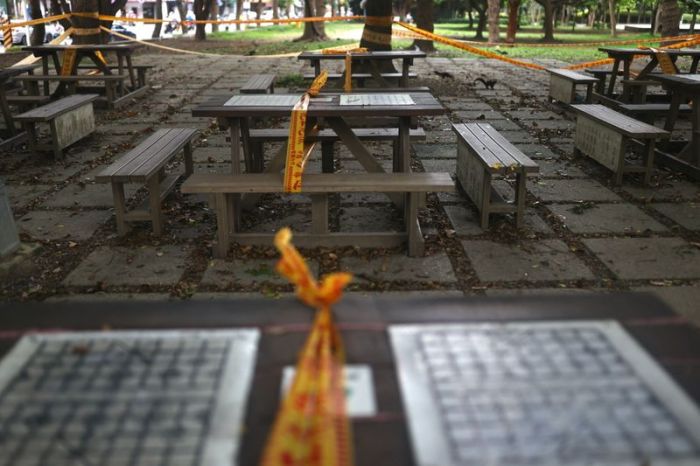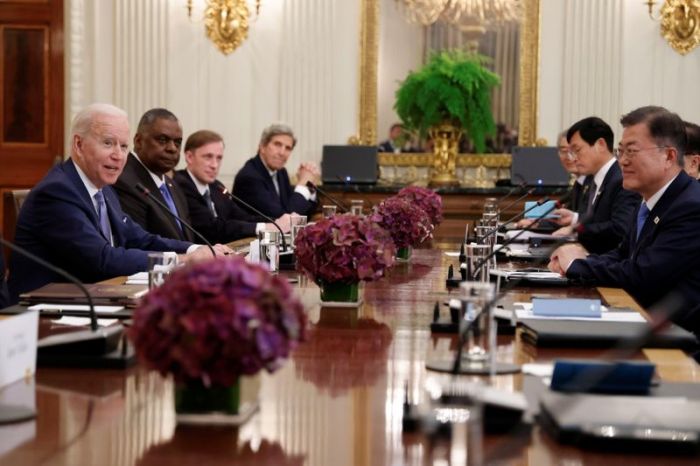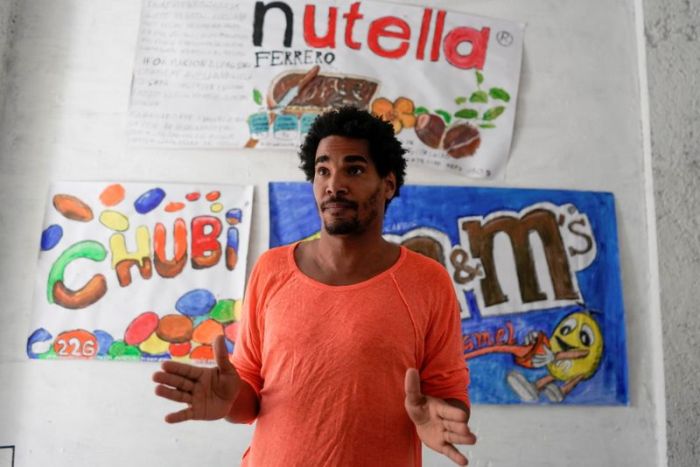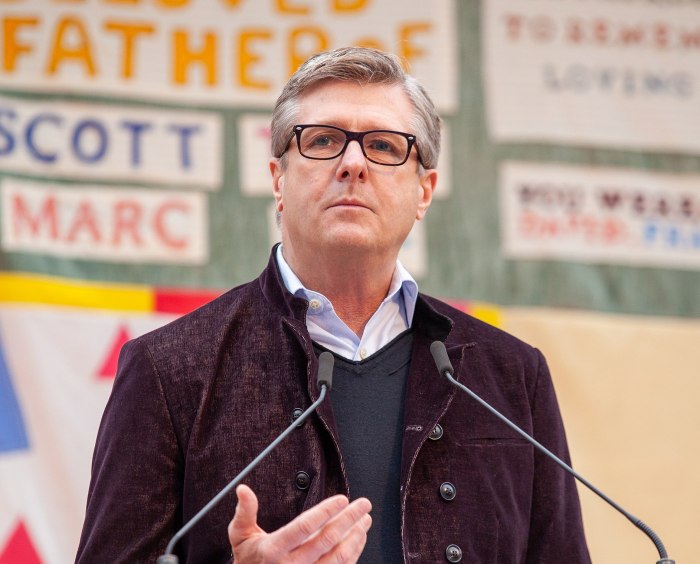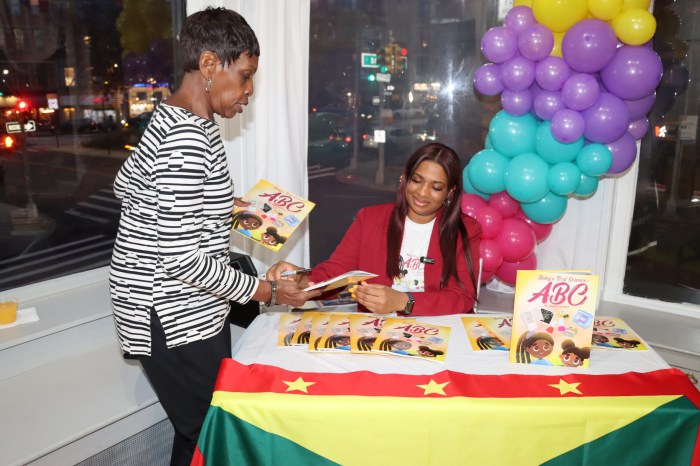DUBAI (Reuters) -The speaker of Iran’s parliament said on Sunday a three-month monitoring deal between Tehran and the U.N. nuclear watchdog had expired and that its access to images from inside some Iranian nuclear sites would cease.
The announcement raised further questions about the future of indirect talks under way between the United States and Iran on reviving the 2015 Iran nuclear deal.
The International Atomic Energy Agency and Tehran struck the three-month monitoring agreement in February to cushion the blow of Iran reducing its cooperation with the agency, and it allowed monitoring of some activities that would otherwise have been axed to continue.
IAEA chief Rafael Grossi is in talks with Iran on extending it.
European diplomats said last week that failure to agree an extension would plunge the wider, indirect talks between Washington and Tehran on reviving the 2015 deal into crisis. Those talks are due to resume in Vienna this week.
The IAEA had planned for Grossi to hold a news conference on Sunday but it said he was still “consulting with Tehran” and that his news conference had been postponed until Monday morning.
“From May 22 and with the end of the three-month agreement, the (IAEA) agency will have no access to data collected by cameras inside the nuclear facilities agreed under the agreement,” state TV quoted parliament speaker Mohammad Baqer Qalibaf as saying.
An unnamed official was also quoted as saying that the agreement between the IAEA and Tehran could be extended “conditionally” for a month.
“If extended for a month and if during this period major powers … accept Iran’s legal demands, then the data will be handed over to the agency. Otherwise the images will be deleted forever,” according to the member of Iran’s Supreme National Security Council.
WESTERN ENVOYS’ WARNINGS
Western diplomats have said that not extending the IAEA deal could seriously harm efforts to salvage the 2015 nuclear accord, which aims to keep Iran from being able to make nuclear arms, which Tehran says it has never wanted to build.
Iran and global powers have held several rounds of negotiations since April in Vienna, working on steps that Tehran and Washington must take, on sanctions and nuclear activities, to return to full compliance with the nuclear pact.
Iran began gradually breaching terms of the 2015 pact with world powers after former President Donald Trump withdrew the United States from the deal in 2018 and re-imposed sanctions.
Without commenting on the parliament speaker’s earlier announcement, Iran’s pragmatist president, Hassan Rouhani, said on Sunday that Tehran would continue the talks in Vienna “until reaching a final agreement”.
He also repeated an earlier statement that “Washington has agreed to lift sanctions” on Iran, according to Iranian state media.
Other parties to the talks and Iran’s top nuclear negotiator have said some important issues need further discussion for revival of the nuclear deal.
To pressure President Joe Biden’s administration to return to the nuclear pact and lift sanctions, Iran’s hardline-dominated parliament passed a law last year to end its obligation to allow the IAEA short-notice inspections to check nuclear work is not being covertly put to military ends.
To give diplomacy a chance, the watchdog and Iran agreed in February to keep “necessary” IAEA monitoring and verification activities in the Islamic Republic.
Qalibaf told parliament’s open session, aired by state TV, that Iran’s ultimate authority, Supreme Leader Ayatollah Ali Khamenei, backed the law.
“Yesterday it was discussed and the decision was made. The law passed by the parliament will be implemented. The supreme leader has underlined the importance of implementing the law as well,” Qalibaf said.
(Additional reporting by John Irish in Paris and Francois Murphy in Vienna; Writing by Parisa Hafezi; Editing by Elaine Hardcastle, Alexander Smith and Timothy Heritage)

